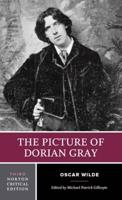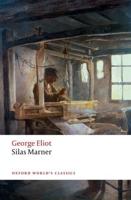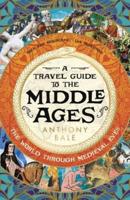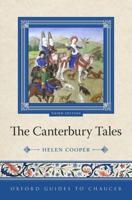Publisher's Synopsis
This historic book may have numerous typos and missing text. Purchasers can usually download a free scanned copy of the original book (without typos) from the publisher. Not indexed. Not illustrated. 1859 edition. Excerpt: ... delivered to Gordon. It was an order to evacuate the place, bringing away the lightest of the cannon, burying the rest, and destroying all the ammunition, especially the powder. He now assembled what officers remained, and apportioned the guns to be taken away. Some maintained that it was impossible either to carry off the cannon or even to bury them, their soldiers being exhausted or having fled. Others ran off without saying a word. Only the foreign officers, with few exceptions, stood to their posts, until they had scarcely soldiers left to carry the colours. Gordon then dismissed them; but he himself remained to collect the men still dis persed through the fortress. He had succeeded in gathering them together, after placing lighted torches in the loopholes, when suddenly loud shouts, mingled with the rattle of musketry, were heard in the town below, striking such terror into the soldiers that they threw down their arms and fled. Gordon was now left almost alone, the few stragglers who remained being either so drunk or so intent on plunder, that they would obey no orders. Whatever was to be done, he had therefore to do with his own hand. Having seen to the closing of the gates and sally ports, he turned his steps towards the powder magazine. Freaking it open, he threw in straw and boards, and then set fire to the nearest house. When he returned to the market place, he found his servants fled and his carriage plundered. Hitherto he had not apprehended any difficulty in making his way to the camp. Three Muscovite regiments had crossed the river to occupy the bridge and gate until the garrison should effect its escape. But suddenly, and without warning, these regiments withdrew, precipitating the retreat of the garrison into a tumultuous...









